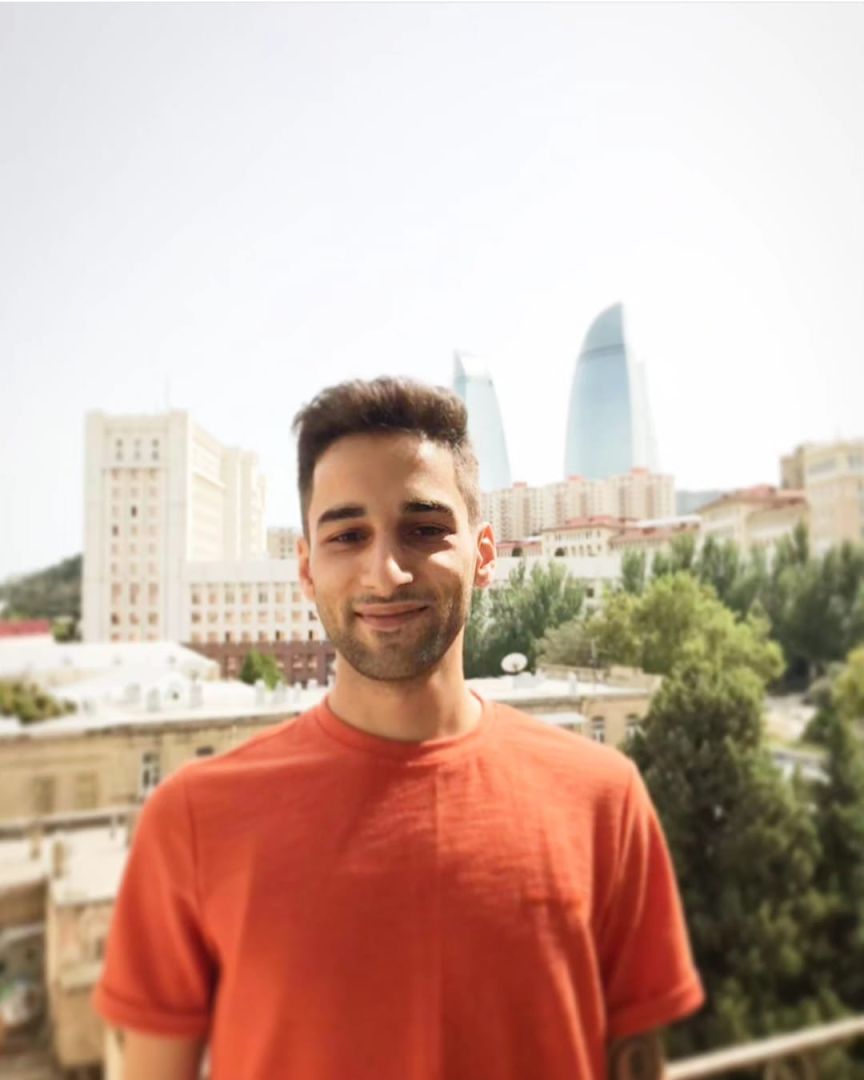French publication: Europe depends on Azerbaijan more than Azerbaijan relies on Europe

Editor-in-chief of the Paris-based online newspaper La Gazette du Caucase, renowned French journalist Jean-Michel Brun published an article on the decision of the Parliamentary Assembly of the Council of Europe (PACE) not to ratify the credentials of the Azerbaijani delegation, Azernews reports.
"From a geopolitical point of view, it is difficult to understand this position, which seems to overlook the fact that the entire international community, in particular as expressed in four successive UN Security Council resolutions, has reaffirmed the need to protect Azerbaijan's territorial sovereignty and emphasises that Garabagh is an integral part of Azerbaijan. European countries, led by France, voted in favour of these resolutions themselves," the article says.
The author believes that the PACE declaration does not represent anything true. In his opinion, such a move by PACE is surprising, especially considering that it comes from an institution that declares its commitment to respecting international law.
"Moreover, the declaration uses language reminiscent of the Armenian press and appears to have been prepared by the pro-Armenian lobby in the interests of Western politicians and media. The attempt to restrict Azerbaijan's electoral rights is equally surprising, especially considering that Azerbaijan never sought to restrict Armenia's electoral rights during the period when Armenia occupied Azerbaijani territory. When Azerbaijan joined the Council of Europe, the organisation did not take any measures against Armenia's aggression against Azerbaijan, only issuing several statements that have no legal force," he stressed.
According to him, from a humanitarian point of view, the language used in the resolution bears a striking resemblance to the repeated statements of Armenian nationalists, amplified by influential Armenian lobbies.
"At no point were Armenian civilians threatened, and there was never a demand for their evacuation. It was the authorities of the self-proclaimed separatist entity, unrecognised by any country, including Armenia, who encouraged the residents of Khankandi to leave, at times resorting to intimidation. Calling the situation ethnic cleansing is highly inappropriate, especially given that the only country in the region to engage in mass ethnic cleansing was Armenia. In 1987, Armenia expelled 250,000 Azerbaijanis living near the capital Yerevan and later forced 750,000 Azerbaijanis out of Garabagh during the 1991-1993 Armenian invasion," Jean-Michel Brun emphasised.
He mentioned that it is almost comical to characterise Garabagh as an Armenian "homeland". Even the Speaker of the Armenian National Assembly, Alain Simonyan, indirectly admitted that the millennial presence of Armenians in Garabagh is a fabricated narrative concocted over the past 30 years.
"In the eyes of the Western bloc, it seemed necessary, if not to establish direct control, then at least to create strategic outposts in the Caucasus region, an area rich in natural resources and of great geostrategic importance. It is the most important node on the "New Silk Road", serving as a point of convergence between Russia, Iran and Turkiye.
Since the 18th and 19th centuries, the Russian Empire used Christian Armenia as a buffer against the Persian and Ottoman empires. During World War I, Russia and the Allies tried to use the Armenians in Anatolia as an internal front against the Ottomans, who had joined the Axis powers in repelling the alliance of Britain and France with the Arab tribes of the Persian Gulf.
France, a major player in this manipulation, had been closely allied with the United States for over 15 years. The main motivation for France's diplomatic confrontation with Azerbaijan, an influential country in Europe, is domestic political considerations. France's Armenian diaspora, which holds key positions in numerous French soft power structures, including political parties, local elected representatives, and the media, cannot be overlooked. However, the driving force behind France's position lies in its domestic politics. "The French government, particularly under the influence of Interior Minister Gérald Darmanin, has chosen to divert attention away from pressing social problems in France, such as the 'yellow waistcoat' protests, farmer discontent, deteriorating public services, health problems, education, impoverishment and tax pressure on the middle class, by redirecting attention to other problems and focusing on an imaginary enemy: immigration and Muslims," the author explained.
Brune emphasises in the article that the authorities in Baku have certainly protested vehemently against the PACE resolution, reflecting their opposition to the recent French Senate resolution.
"But does any of this affect Azerbaijan? That country is undergoing significant economic growth. In just a few months, the towns of Garabagh, previously destroyed by Armenian troops, have been rebuilt, and their original inhabitants have returned. Baku is preparing to host COP29 and Shusha has been declared the "cultural capital of the Muslim world". Azerbaijan plays a crucial role in maintaining living standards in Europe through its energy supplies. So, what significance does the PACE vote freeze have for Baku or the statements made by some French or German politicians? Perhaps not much.
Azerbaijan has demonstrated that it can engage in peace talks without relying on Europe or any other country, which makes the performance in Strasbourg somewhat trivialised. If the resolution is upheld, Azerbaijan could probably respond by ceasing all activities within the organisation and potentially withdrawing from the European Court of Human Rights, which appears to allocate human rights based on the currently prevailing ideology.
However, it is important to recognise that Europe depends on Azerbaijan more than Azerbaijan relies on Europe. Azerbaijan is a key player in energy and international transport and is on the verge of becoming a leader in renewable energy. The stability of the region is vital to Europe's overall equilibrium, especially if Europe wants to avoid handing over its economic and political influence solely to Russia and China. Nevertheless, it seems that ideology often takes precedence over reason.
Some politicians and opinion leaders have concocted a narrative of a supposed "clash of civilisations", claiming that the international manifestation is seen in a supposed confrontation between so-called "Christian" and "Muslim" nations, despite the fact that Azerbaijan is a secular state.
Consequently, Europe is struggling to come to terms with the fact that Azerbaijan has regained sovereignty over its entire territory and expelled the foreign military forces that occupied part of its land for three decades. The fact that Azerbaijan achieved this on its own, without the involvement of Europe, is surprising, especially given the failure of the Minsk Group, co-chaired by France and the US, to find a solution to a conflict that Azerbaijan resolved within a month and a half.
These factors probably explain the inconsistent speeches made at the Council of Europe Assembly since 2020. Growing Islamophobia in Europe, coupled with the strengthening of far-right parties, also clarifies the repetitive stance of other European institutions, which in recent months have intensified their arbitrary statements against Azerbaijan and, at the same time, Turkiye," the article says.
---
Follow us on Twitter @AzerNewsAz
Here we are to serve you with news right now. It does not cost much, but worth your attention.
Choose to support open, independent, quality journalism and subscribe on a monthly basis.
By subscribing to our online newspaper, you can have full digital access to all news, analysis, and much more.
You can also follow AzerNEWS on Twitter @AzerNewsAz or Facebook @AzerNewsNewspaper
Thank you!

